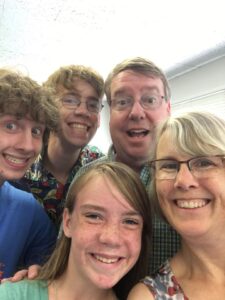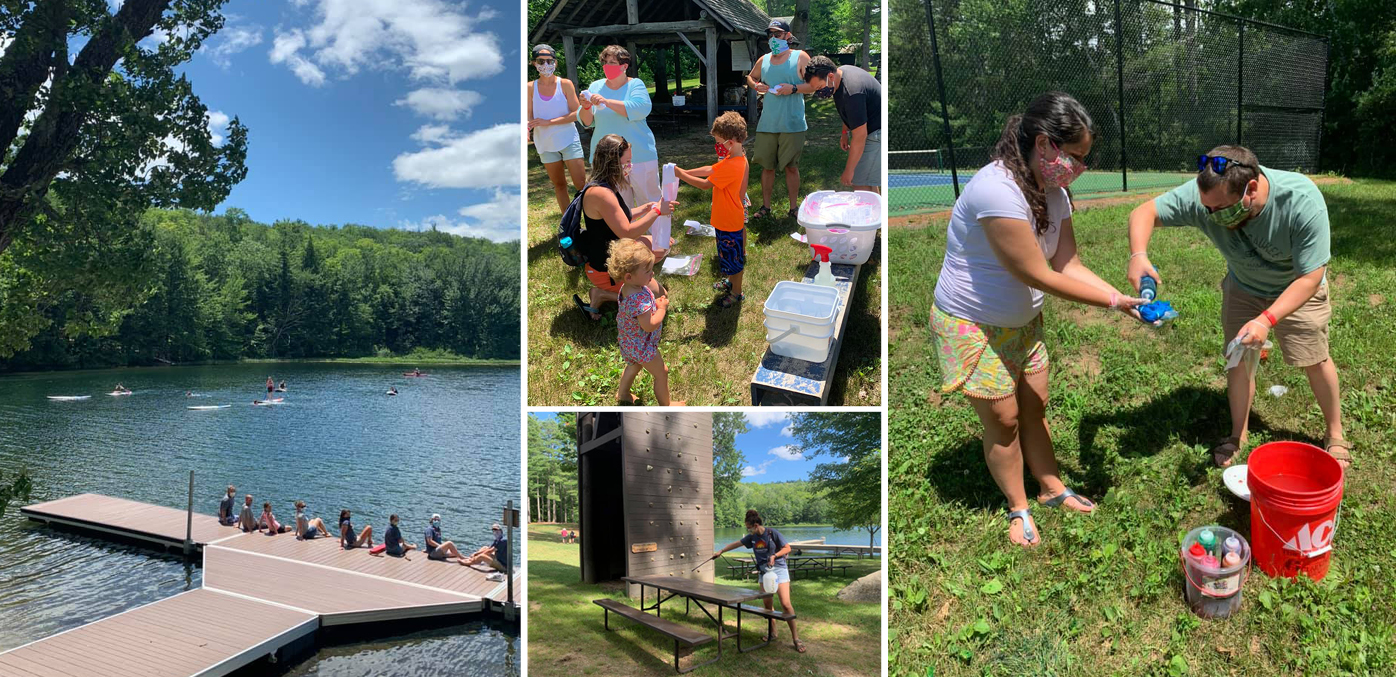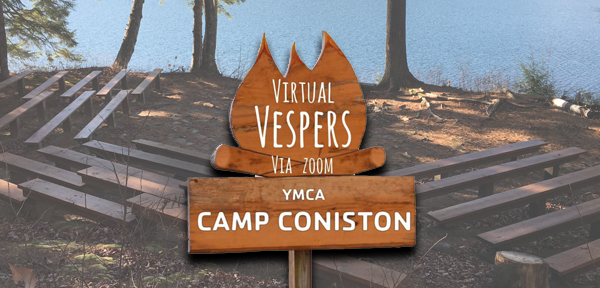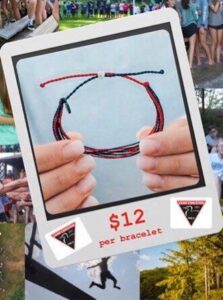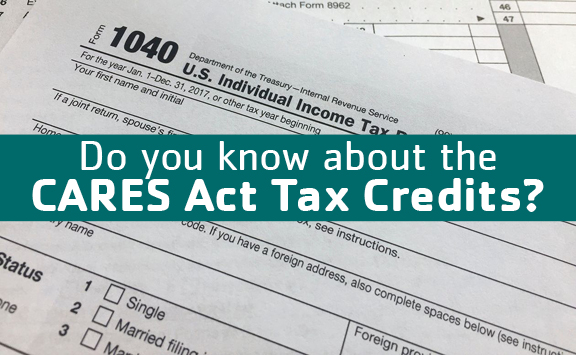
In late March 2020, Congress passed a $2.2 trillion stimulus bill in response to COVID-19, the Coronavirus Aid, Relief, and Economic Security (CARES) Act, and with it came many tax benefits for almost any taxpayer who makes charitable contributions in 2020. This blog is written to help educate our community on how it can impact your charitable contributions in the 2020 tax year. Please consult a tax advisor to discuss your specific circumstances.
The window for taking advantage of these benefits closes on December 31, 2020. Be sure to plan accordingly.
Are you planning to itemizing deductions?
Prior to 2020, households who itemize their deductions could only deduct a maximum of 60% of adjusted gross income (AGI) for cash donations. For 2020, the CARES Act has eliminated this cap and households can deduct 100% of their adjusted gross income.
This could theoretically mean zero taxable income. For example, if you have an AGI of $100,000, you would normally be able to deduct up to $60,000 for gifts to charity. With the temporary changes in the CARES Act, you could now deduct up to your full AGI of $100,000 if you give that much to charity in 2020.
In the event you have made a multi-year pledge, you might want to accelerate payment of the pledge balance in 2020 to take advantage of the deductions available.
Are you planning to take the standard deduction?
The CARES Act allows for up to $300 in charitable contributions per individual and $600 per household to qualify as an above-the-line deduction, meaning you don’t have to itemize deductions in order to claim the deduction.
For example, if your individual and you don’t have $12,400 in qualifying expenses to deduct then you take the standard deduction (standard deduction for an individual is $12,400). The CARES Act increases that amount up to $12,700 if you donate $300 to a non-profit. Thus you would get more money back in your return. Pending your tax bracket it could be anywhere from $50 to $150 back.
Are you interested in corporate giving?
In the past corporations were able to deduct charitable donations up to 10% of taxable income. The CARES Act raises the cap to 25%.

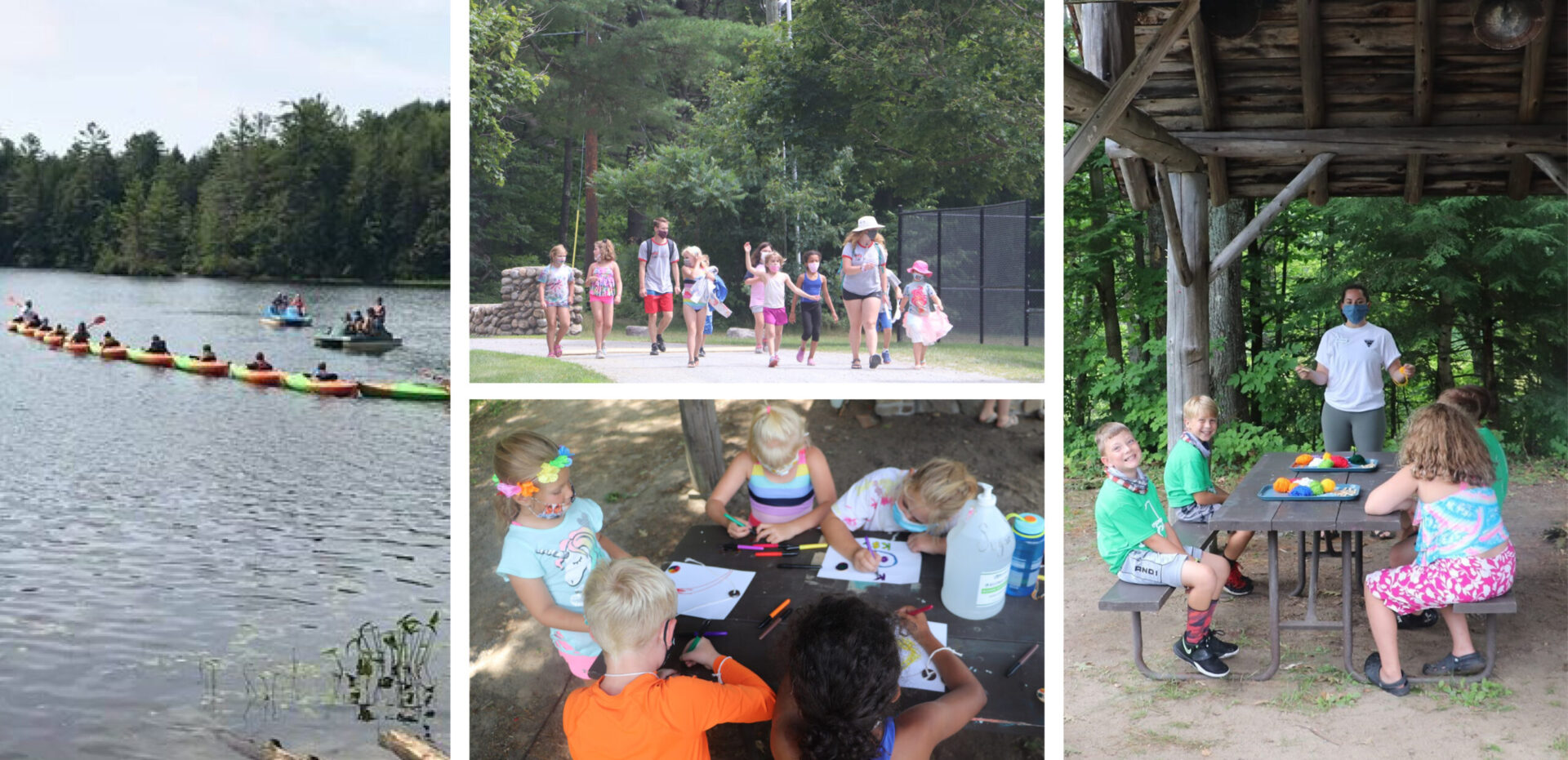
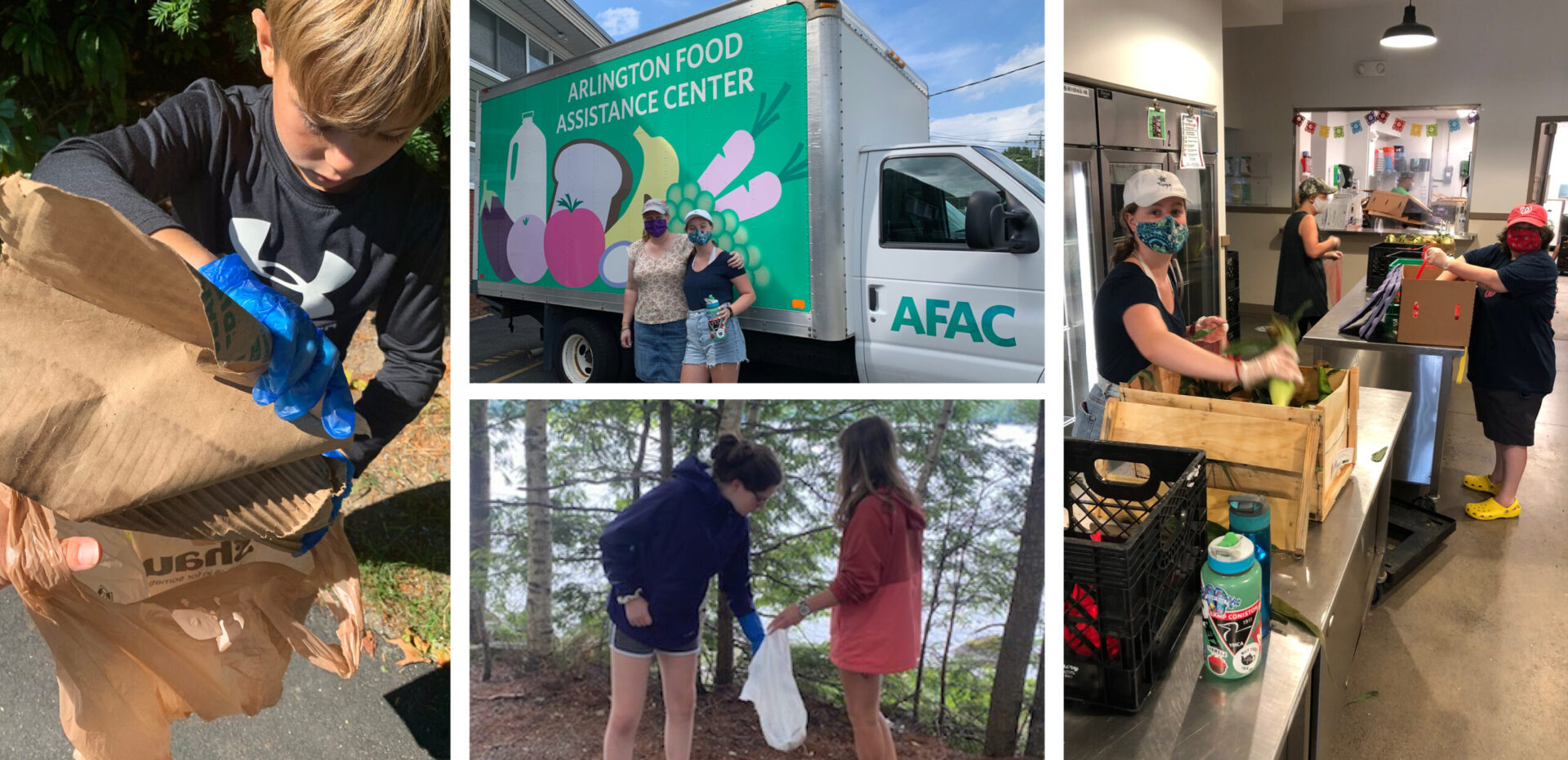
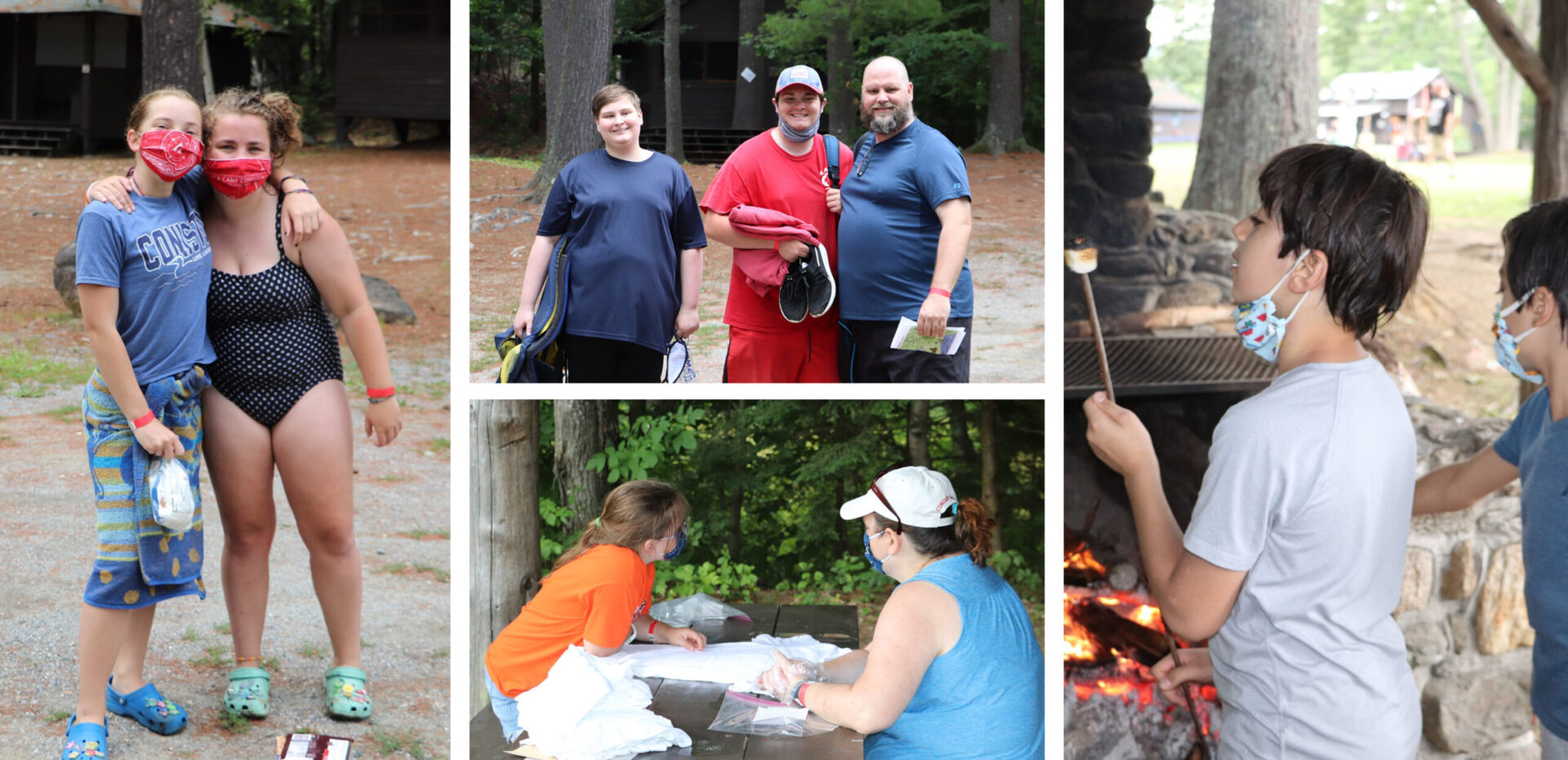
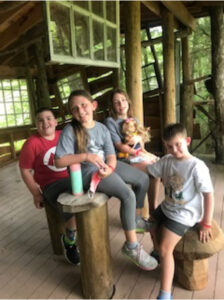 We cannot say enough about your amazing Camp and staff. Even though this year looked different at Camp my kids looked forward to it for weeks and had a GREAT time. Camp Coniston is for us about lifelong memories and bonding with the special family of Childhood Cancer Lifeline. The counselors do everything to make it fun and you can tell they love the Camp and greeting us every year. A heartfelt “Thank You” from our family for helping our special kids feel like kids and forget if only for a short time the weight of their illnesses.
We cannot say enough about your amazing Camp and staff. Even though this year looked different at Camp my kids looked forward to it for weeks and had a GREAT time. Camp Coniston is for us about lifelong memories and bonding with the special family of Childhood Cancer Lifeline. The counselors do everything to make it fun and you can tell they love the Camp and greeting us every year. A heartfelt “Thank You” from our family for helping our special kids feel like kids and forget if only for a short time the weight of their illnesses.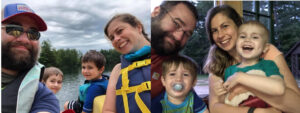 Thanks so much to everyone for this event. It really means a lot to us. This year was a pretty big deal for Bradley because it was the first time he could go in the lake (so the first time we could all go in the lake). He had his port the last two times so he couldn’t go in because of the risk of infection. This was also his first time at camp since he finished his two years of chemo so he did a lot more running around. He even fell asleep on the car ride home
Thanks so much to everyone for this event. It really means a lot to us. This year was a pretty big deal for Bradley because it was the first time he could go in the lake (so the first time we could all go in the lake). He had his port the last two times so he couldn’t go in because of the risk of infection. This was also his first time at camp since he finished his two years of chemo so he did a lot more running around. He even fell asleep on the car ride home